Jill Underly’s op-ed is 572 words long. She doesn’t use the word “parent” once.
Wisconsin’s state superintendent of schools is jumping to the defense of teachers and schools in the debate over race, gender and sex in the state’s classrooms.
Superintendent Jill Underly wrote an op-ed Wednesday that defends what she calls “welcoming spaces.”
“The way we – as leaders, as community members, as adults – talk about race, or about respecting pronouns, or about including books in libraries that address racism or those with LGBTQ+ characters, have an impact. When the adults in charge – those who make policy, or run for office, or serve on boards – speak negatively and encourage harassment of students with disabilities, or of students because of their gender, immigration status, race, sexuality or gender identity, it makes life harder for students,” Underly wrote. “These are children! And when adults sit passively without calling out these harmful behaviors, they are no different than the bystander who does nothing or says nothing when someone is being bullied or harmed.”
Jill Underly didn’t mention any specific policies or specific adults that she thinks are harming children.
But her op-ed comes just days after Gov. Tony Evers vetoed the Parents Bill of Rights that would have allowed parents to see just what is being taught in their kids’ classrooms, and remove their children from classes that they object to.
Jill Underly’s message also comes as schools in Madison and Eau Claire continue to defend their policies of keeping student gender at school secret from parents.
Jill Underly framed her “welcoming spaces” approach as a life and death issue for students.
“We know that the higher the number of supportive staff members at a school or family members at home, the safer LGBTQ+ students feel and the greater sense of belonging they report. Affirmation matters, and fostering a sense of belonging saves lives,” she wrote.
Jill Underly’s op-ed is 572 words long. She doesn’t use the word “parent” once. She concludes her essay: “This is a moment of reckoning. Our students need affirmation and to be connected to their schools and their communities – in our classrooms and in our state,” she wrote. “I believe we have the collective will to support them the way they need to be supported: with welcome and with belonging.”
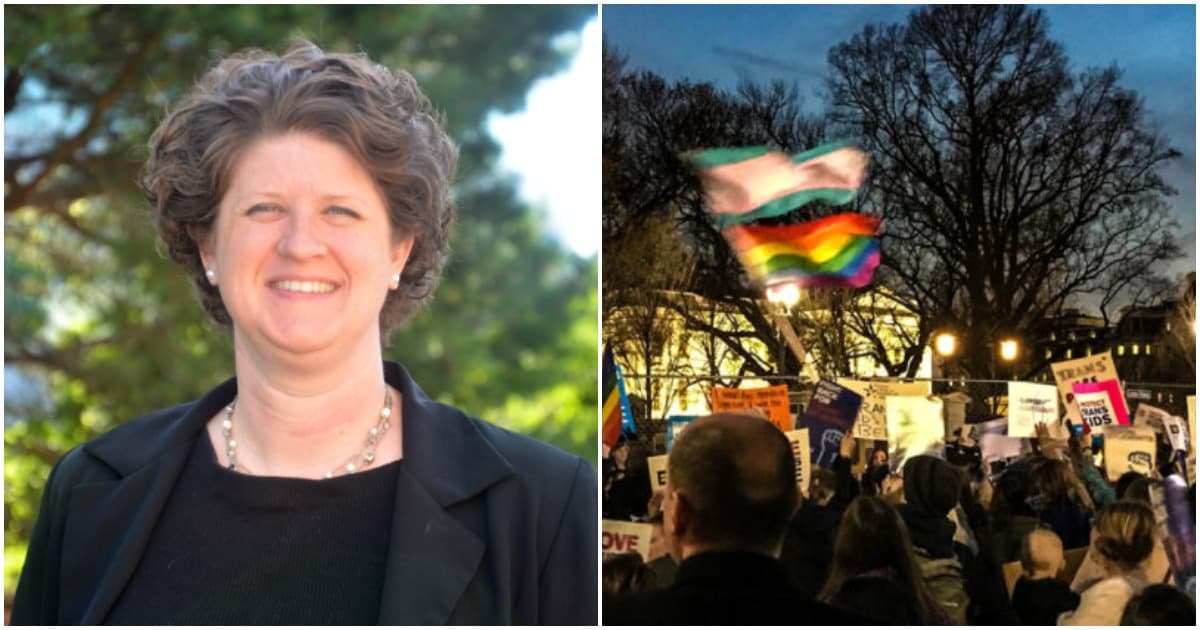
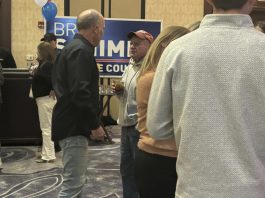
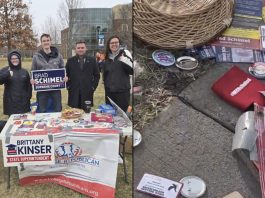
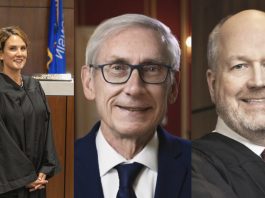


![WATCH: Elon Musk Town Hall Rally in Green Bay [FULL Video]](https://www.wisconsinrightnow.com/wp-content/uploads/2022/04/Elon_Musk_3018710552-265x198.jpg)
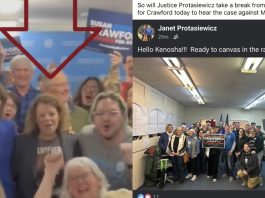
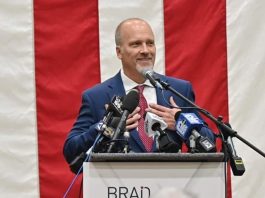

![The Great American Company [Up Against the Wall]](https://www.wisconsinrightnow.com/wp-content/uploads/2025/03/MixCollage-29-Mar-2025-09-08-PM-4504-265x198.jpg)
![The Wisconsin DOJ’s ‘Unlawful’ Lawman [WRN Voices] josh kaul](https://www.wisconsinrightnow.com/wp-content/uploads/2025/03/MixCollage-29-Mar-2025-08-48-PM-2468-265x198.jpg)
